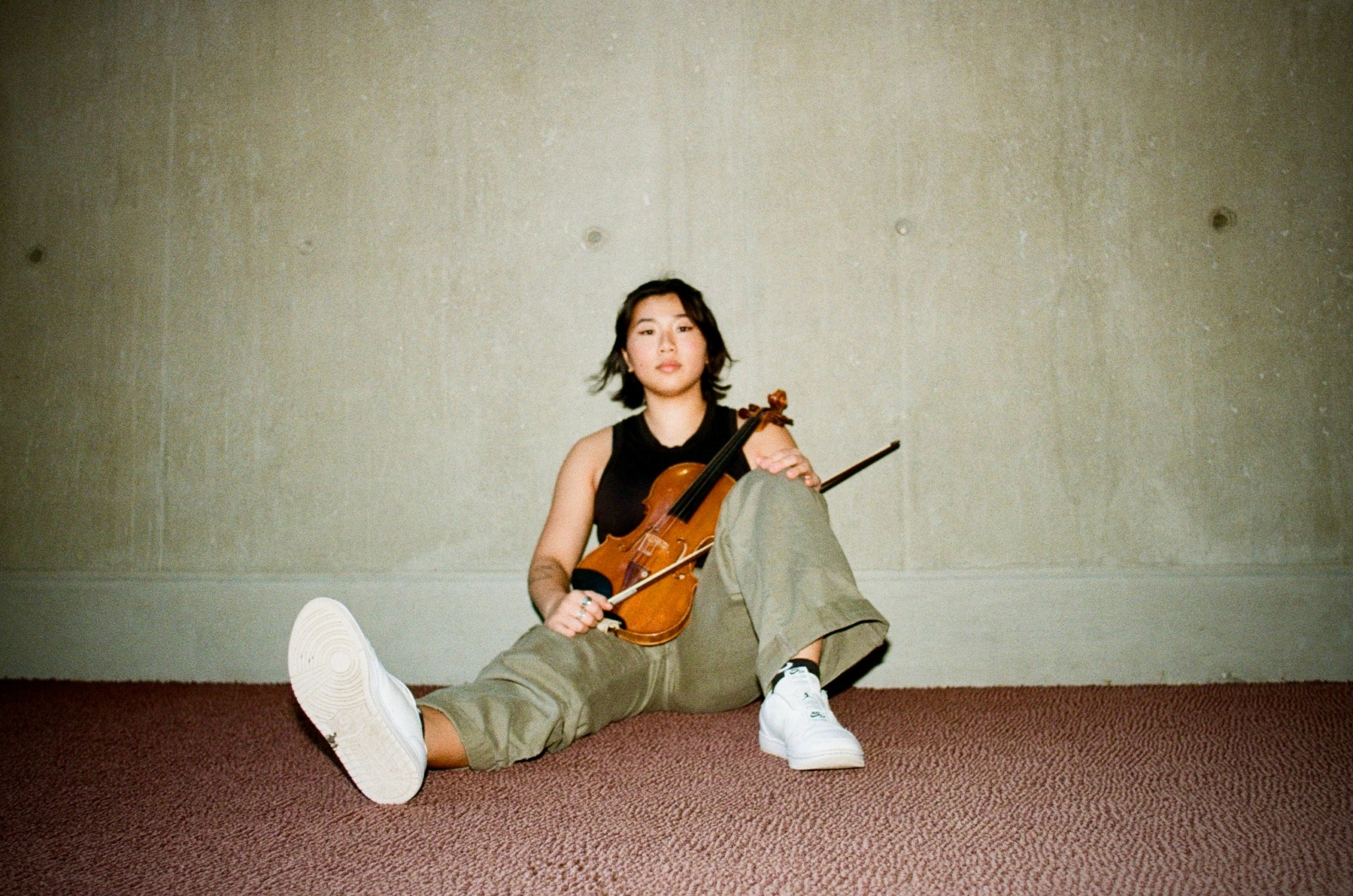We were lucky to catch up with Delia Li recently and have shared our conversation below.
Delia, thanks for joining us, excited to have you contributing your stories and insights. Let’s kick things off with a hypothetical question – if it were up to you, what would you change about the school or education system to better prepare students for a more fulfilling life and career?
For this question, I’ll refer to the educational system as post-secondary institutions — specifically, colleges, universities, and music conservatories.
I believe all music schools should restructure their teaching methods to place sports and performance psychology at the core of their curricula. In addition, I’d love to see institutions encourage students to embrace their finely honed skill sets and explore how those abilities might translate to non-musical fields.
Many university music students begin mastering their instruments in early childhood or adolescence. Starting a craft that young can leave individuals highly vulnerable to mental health struggles and identity crises. I recommend listening to Noa Kageyama’s The Bulletproof Musician podcast — specifically the episode titled “Mitch Abrams: On Trauma and High-Level Performance” — for deeper context on these issues.
To give more context: music students often undergo rigorous training, either self-initiated or strongly encouraged by a parent or mentor. A classically trained instrumentalist typically works closely with a teacher who acts as both mentor and coach. These teachers focus on technical proficiency, mental fortitude, managing performance anxiety, and developing artistic identity through emotional vulnerability — sometimes nurtured gently, other times provoked uncomfortably.
If these essential tools aren’t provided by the instrument professor, I believe it becomes the responsibility of parents or other influential figures to educate themselves and step in to help young musicians navigate the intensity of their training.
What further inspired my desire to see music education embrace sports psychology — and better prepare students for real-world success — were my experiences at Indiana University.
While studying at the Jacobs School of Music, I took business classes at the Kelley School of Business. There, I met passionate and driven students who were building forward-thinking ventures and embodying entrepreneurial mindsets. I saw a striking parallel between them and music students — particularly in their drive, discipline, and long-term vision. However, what stood out to me was how the business school actively encouraged its students to pivot, adapt, and forge new paths. It taught them to be confident in their skills and to view those skills as transferable tools, ready to be applied however they saw fit.
In contrast, throughout my life, I felt pressure from my parents to pursue violin professionally — similar to how some children are expected to inherit a family business or enter traditional fields like medicine or law. Wanting your child to excel at one thing is beautiful, but I wish I had been taught earlier that my violin training could translate to other careers. Unlike in business school, this flexibility wasn’t something I felt was emphasized in music education. Of course, I acknowledge this is my personal experience and may not reflect that of all musicians.
I also think often about the high rate of physical injuries among musicians. I myself still have flare ups after having begun my first year as a professional violinist in a full time orchestra. While there’s been increasing awareness around physical health — including fitness, rehab, and nutrition — I believe music schools should integrate a Plan B structure, similar to what exists in ballet or dance programs. According to the National Library of Medicine, up to 93% of musicians may face performance-related injuries. So I ask: what happens if a musician can’t play anymore?
I’d like to see schools encourage students to pursue minors or dual degrees, and to adjust course structures accordingly. Music degrees are often highly specialized, especially compared to fields like the sciences. It would be pragmatic — and empowering — for music students to also gain qualifications in disciplines with broader career opportunities.
That said, I do want to highlight the positive changes happening at Jacobs. In recent years, the school formed a Health and Wellness Committee made up of faculty, administrators, and students — which I proudly served on for several years. The committee hosted events on topics like imposter syndrome, mental health tools, physical wellness, and even led a vital roundtable on sexual violence.
In 2023, Dr. Frank Diaz established something truly groundbreaking: the Office of Wellness and Arts Health Initiatives (OWAHI) — the first of its kind in a music school in North America, and possibly the world. I was honored to serve as its first administrative assistant. You can learn more about this initiative at their website by searching “OWAHI JSOM”.
I truly hope sports and performance psychology continue to expand their influence at Jacobs and at music institutions around the world.
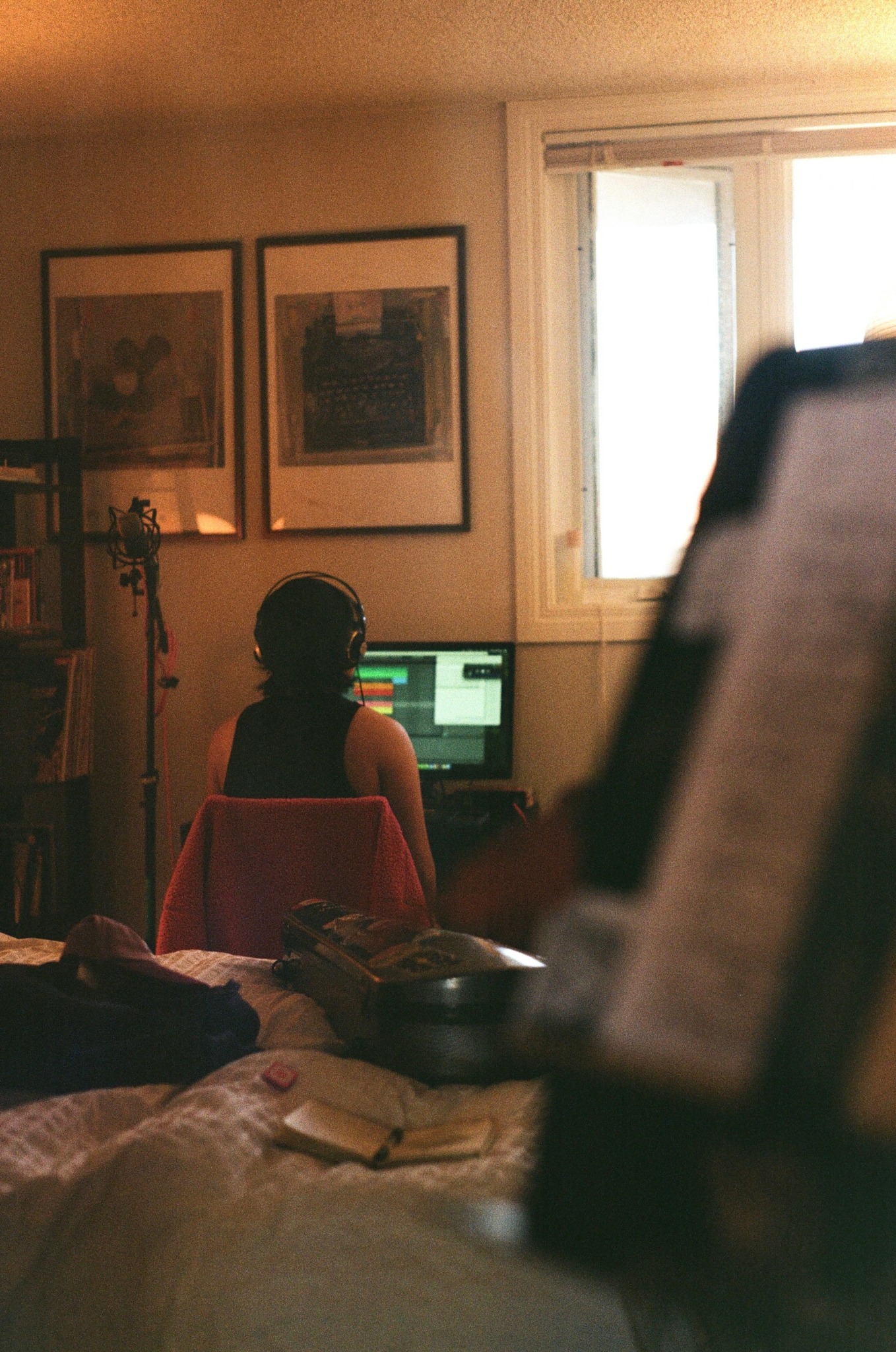
Delia, before we move on to more of these sorts of questions, can you take some time to bring our readers up to speed on you and what you do?
I’m originally from Ottawa and started playing violin and piano at age five. My mom, a piano teacher, introduced me to music early on. I followed a traditional classical path, studying violin seriously throughout my childhood and into university.
I earned both my bachelor’s and master’s degrees from Indiana University’s Jacobs School of Music, where I studied with Mimi Zweig and Alexander Kerr. Earlier mentors include David Thies-Thompson and Yehonatan Berick. Now, the rigorous classical path really did burn me out, despite loving my orchestral program at school, meeting lovely colleagues, and having inspiring teachers. The pressure I put on myself to succeed overrode my happiness, and I wasn’t sure I was “meant for music”.
While at Jacobs, I became interested in music production and began writing and recording string parts for various projects. One of the first tracks I worked on was Shaya Zamora’s Cigarette, which gained traction online and helped me realize how my classical training could translate to other areas of music.
I am immensely grateful to Sammy Haig, friend and mentor, whom brought me into the world of music production, where I am able to continue exploring music more free than ever.
Alongside my work in production, I’ve built an orchestral career. Before joining the Edmonton Symphony Orchestra in 2024, I performed with the Terre Haute Symphony and the Richmond Symphony Orchestra in Indiana.
Right now, I’m continuing to work in both performance and production, blending classical technique with contemporary projects. What I feel informs my current musicianship that differs from others is my focus on my physical and mental health in my personal life. Now that i’ve obtained the dream job(s) I wanted my whole life, I want to educate and spread the message of taking care of health first, as well as detaching self-worth completely from your creative identity.
I also love listening and making like, all kinds of music these days, and thats what i love most about music!! all of it!
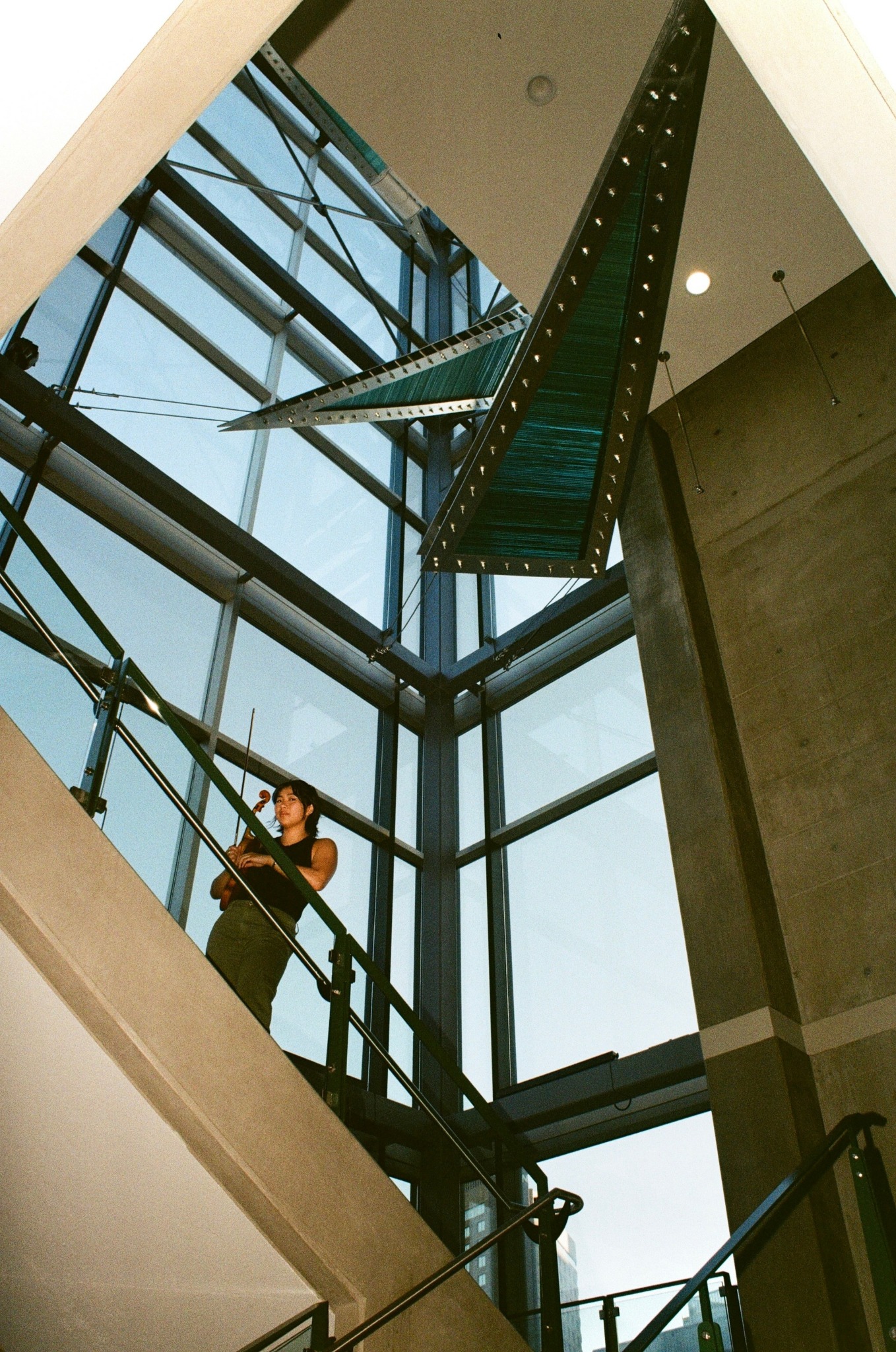
Learning and unlearning are both critical parts of growth – can you share a story of a time when you had to unlearn a lesson?
You can learn from your teachers and mentors and parents, but at the end of the day, you need to trust yourself and be confident in yourself in your own choices. The backstory? Early talent leads one to be prone to falling victim to succeeding through pleasing those who see your gift through achieving goals they help you set.
I am lucky to say that my lesson unlearned also ultimately came from my teachers, mentors and parents, and I wish that to be the same for my peers! Or at least that you can come to that conclusion yourself.

How’d you build such a strong reputation within your market?
Honestly? I think it comes from my genuine interest in getting to know other creatives, and wanting to get to know them beyond the practice room. I want to know if someone is taking care of themselves, feeding themselves, watching a good tv show, etc etc. I love goofing off with my stand partners in orchestra, and I am so grateful that my group of people at the Edmonton Symphony are so kind, and create a welcoming environment when it comes to facing hardships at home and feeling supported at work, even if it means slipping up on a few notes.
Contact Info:
- Website: https://deliaviolin.com
- Instagram: https://instagram.com/deliaviolin
- Other: Spotify: https://open.spotify.com/artist/7tlRw4KWHqV3GqL8bVfJ9b?si=BRWl2hswTtSUmQleyJcg6g
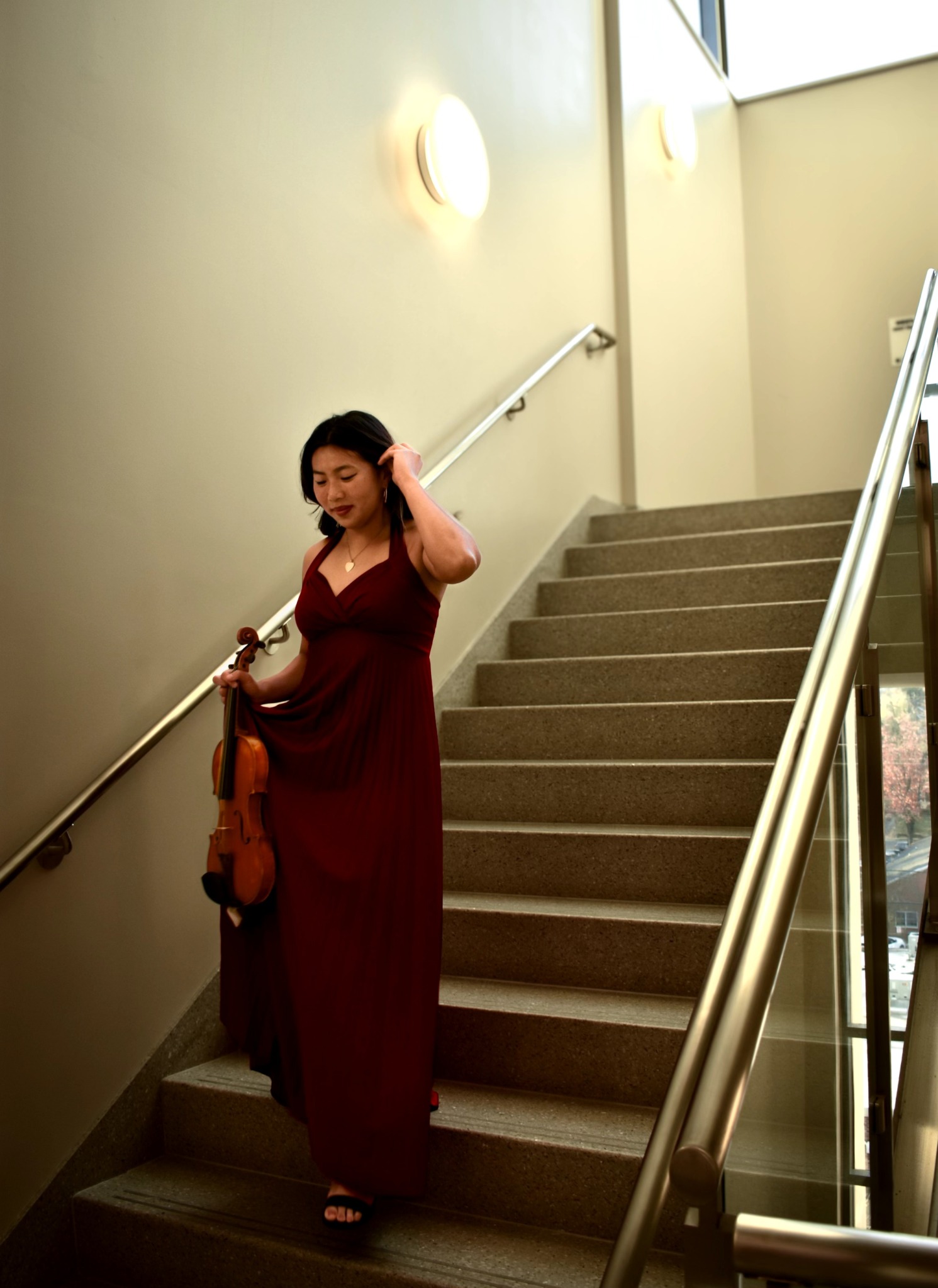
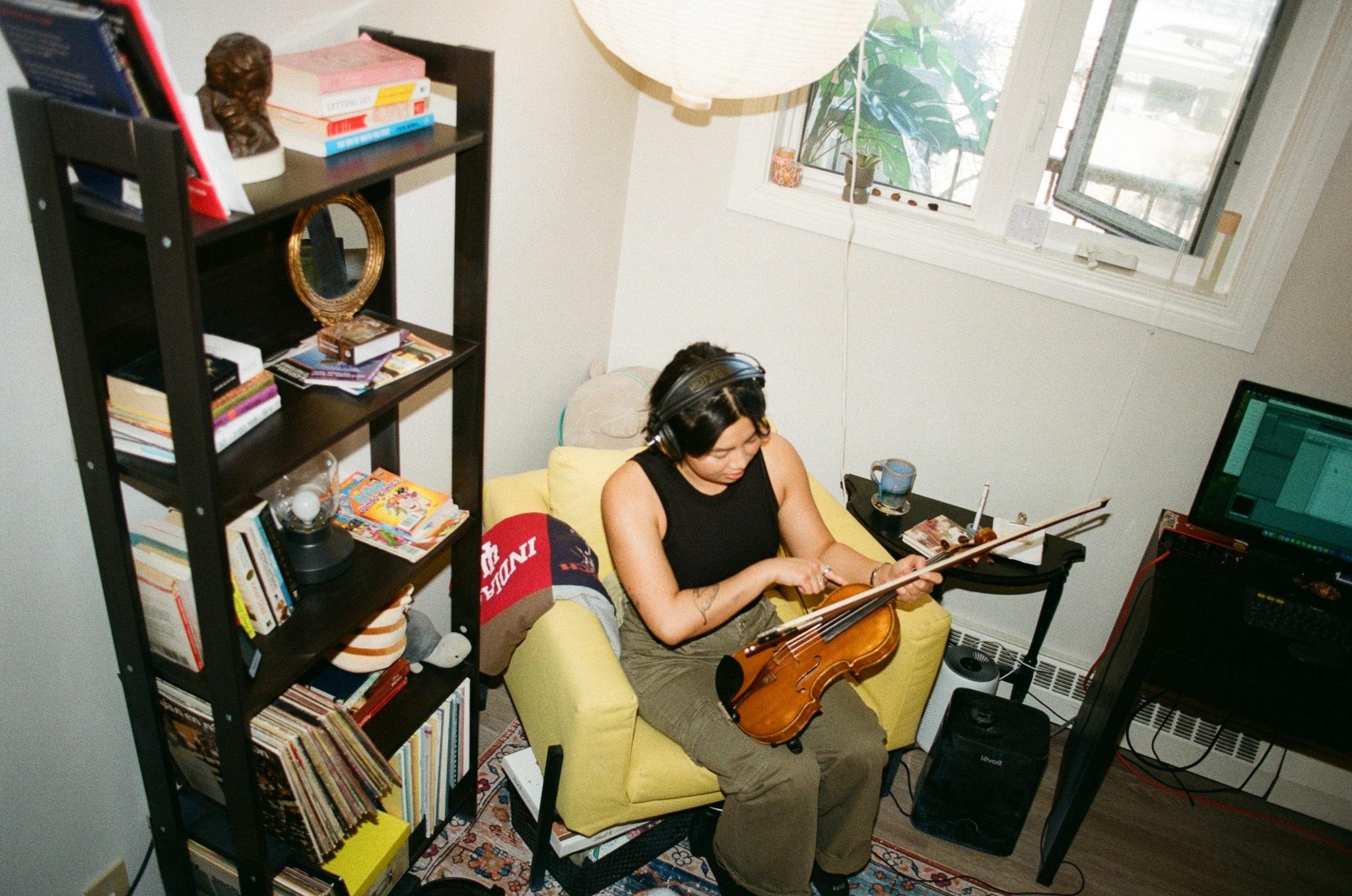
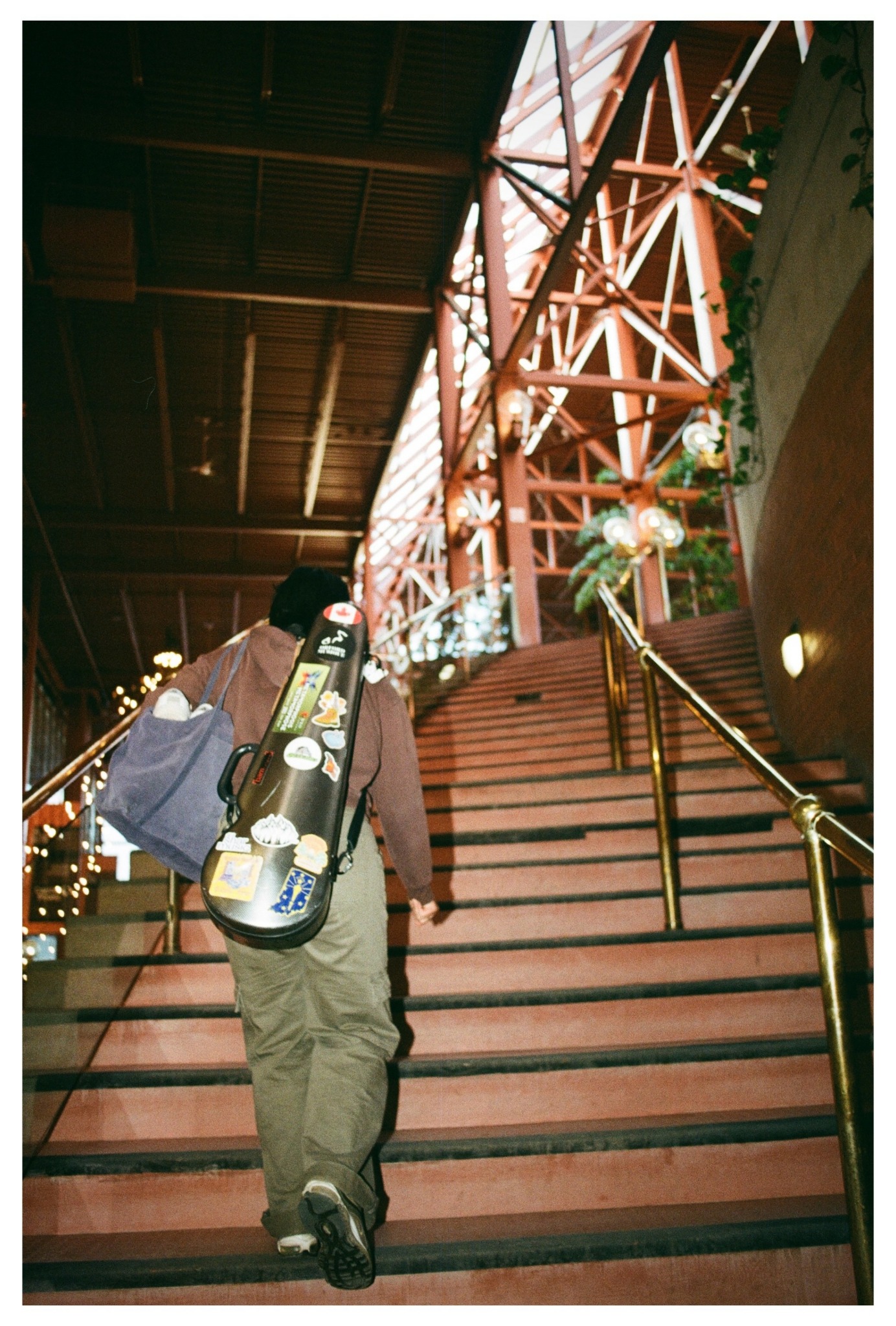
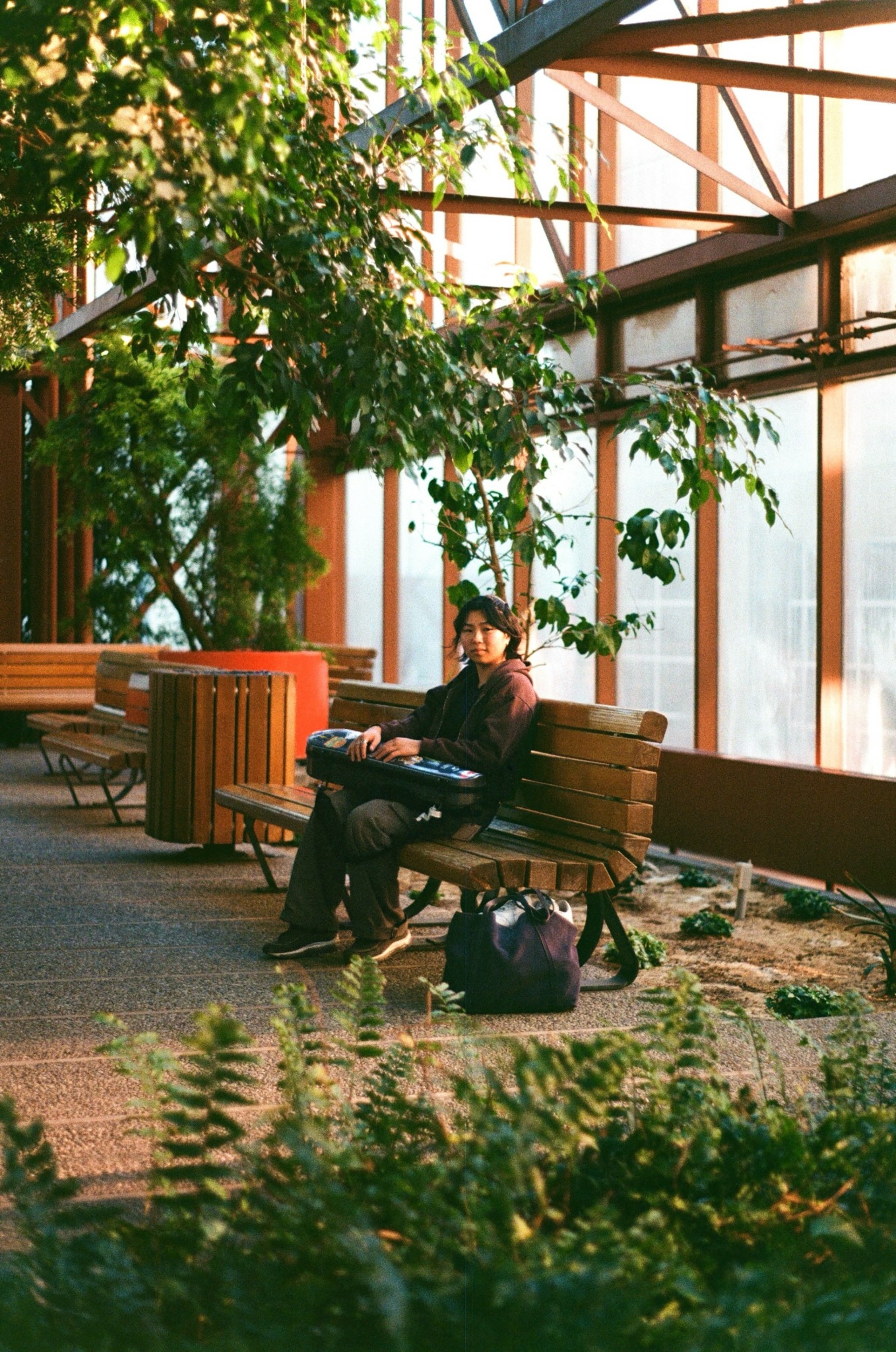
Image Credits
Mitchell Stojanowski and Lauren Salmon


